A reconstruction can only be adopted by a theologian or a historian. A Bible translator must translate what the text of Scripture actually says.
A New Solution to the Synoptic Problem
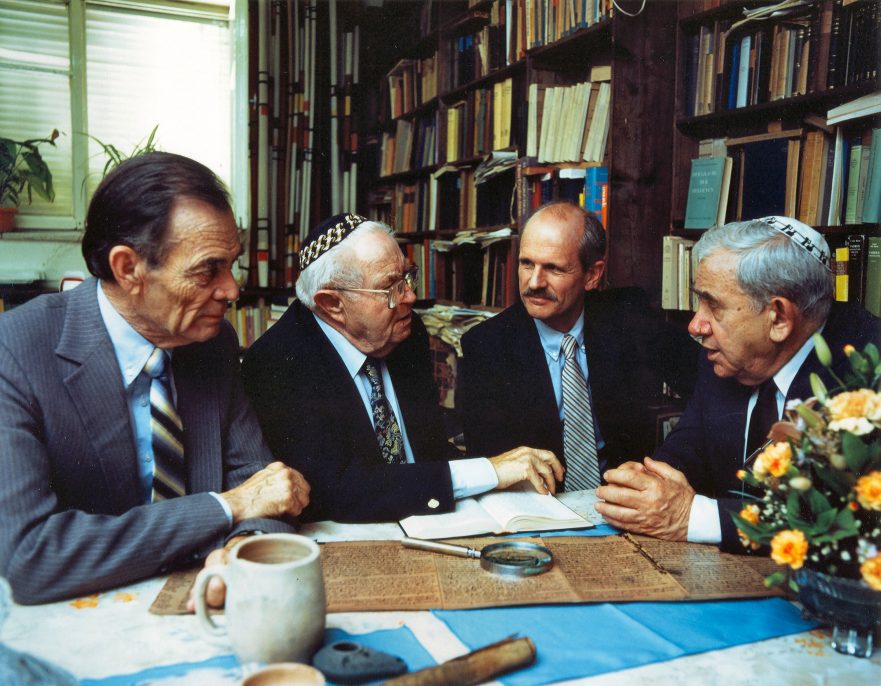
The many similarities among the Synoptic Gospels suggest a literary interdependence.
The Divine Name in the Hebrew New Testament

God has a personal name: YHVH. Like Semitic names in general, it was intended to reflect something of the bearer’s character. YHVH is related to the root h-v-h, “to be”, and reflects God’s eternity and timelessness.
Literary Languages in the Time of Jesus
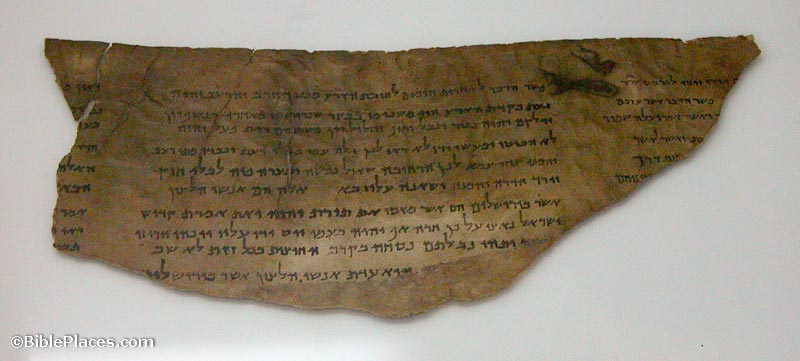
Not only was Hebrew the most prevalent spoken language in the land of Israel during the first century, it was also the language in which most literary works were written.
“And” or “But”—So What?
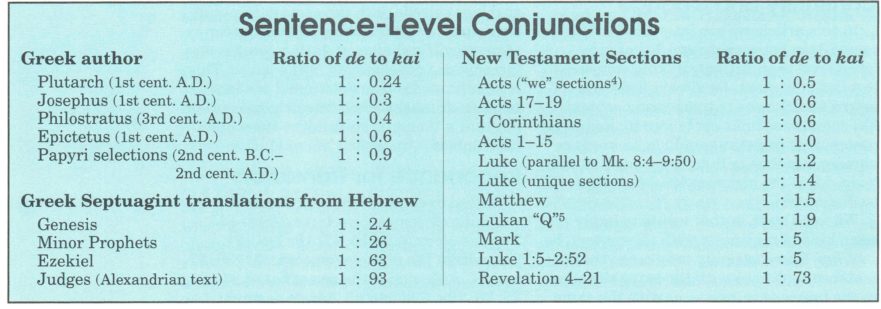
Writings that were originally composed in Greek tend to have a higher ratio of de to kai than writings that have been influenced by a Semitic language.
Spoken Languages in the Time of Jesus
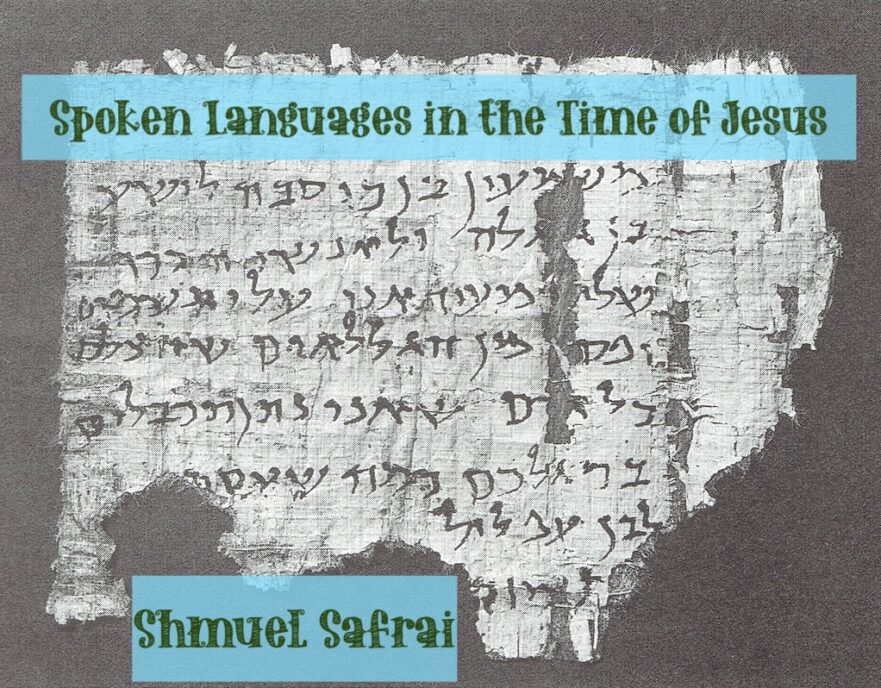
Professor Safrai presents an overview of the three languages used in the land of Israel during the days of Jesus, and concludes that Hebrew was the primary language spoken by the Jewish residents at that time.
The Bar-Kochva Letters

Documents discovered in the Judean Wilderness near the Dead Sea provide some insight into the use of Hebrew in the land of Israel not long after the time of Jesus.
The Holy Spirit in the Hebrew New Testament

In this article, Dr. Ray Pritz, former head of the Bible Society in Israel, looks at another of the challenges faced by the Society’s translation committee in rendering the synoptic Gospels into modern Hebrew.
If King David were alive today, could he communicate with Israel’s president?

How hard would it be for a speaker of modern Hebrew to understand someone speaking Biblical Hebrew? If King David returned, would he be able to understand the president of the State of Israel, and would the president be able to understand him? Would Jesus be able to communicate with modern Israelis?
Matthew’s Aramaic Glue

Knowledge of the different ways of joining stories in Greek, Hebrew and Aramaic can help us understand the history and relationships of the Synoptic Gospels.
Book Review: Michael Sokoloff’s A Dictionary of Jewish Palestinian Aramaic of the Byzantine Period
Professor Sokoloff’s A Dictionary of Jewish Palestinian Aramaic of the Byzantine Period limits itself to the best and most reliable sources of JPA
The New Testament in Modern Hebrew

In this series Dr. Ray Pritz, head of the Bible Society in Israel, describes the challenges faced by the Society’s translation committee in rendering the synoptic Gospels into modern Hebrew, and some of the solutions it found.
Hebrew Nuggets, Lesson 24: Messiah (Part 2)
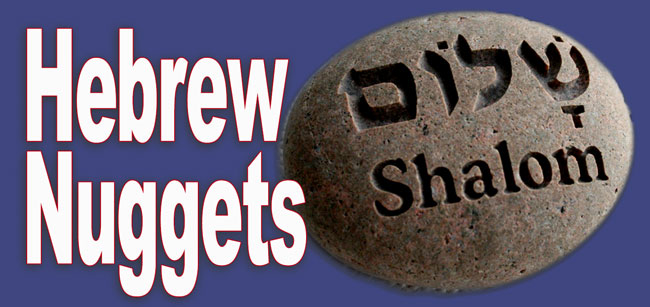
Athough the concept of Messiah is importance both in Judaism and Christianity, the Hebrew word מָשִׁיחַ (maSHIaḥ, messiah) was not often used in Jesus’ day. Jesus and his contemporaries rarely spoke of the Messiah by that name, but preferred to use other more oblique terms. In the New Testament, maSHIaḥ almost always appears in its Greek translation: χριστός (christos, anointed with oil; Christ). The Greek transliteration μεσσίας (messias) appears only twice, in John 1:41 and 4:25.
Hebrew Nuggets, Lesson 23: Messiah (Part 1)

The word “messiah” arouses great emotion in the hearts of Jews and Christians alike. In Hebrew Nuggets, Lesson 23, we examine the background of this Hebrew word. There is only one new letter for us to learn in the word מָשִׁיחַ (ma·SHI·aḥ, messiah). This is the letter ח (ḥet), the last letter of the word. ח (ḥet) is the eighth letter of the Hebrew alphabet. As already mentioned, Hebrew letters also serve as numbers. Being the eighth letter of the alphabet, the numerical value of ḥet is 8.
Jesus and the Essenes
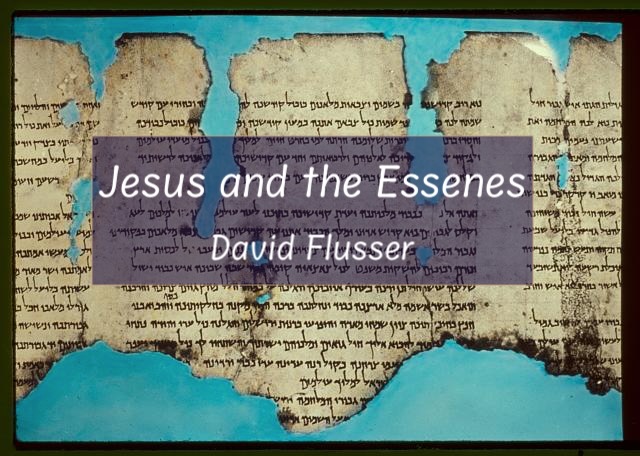
The Essenes’ favorite name for themselves was “the sons of light.” In the Synoptic Gospels the term appears only in Luke 16:8, and the reference is not very flattering. Was Jesus making an ironic reference to the Essenes?
“Son of Man”: Jesus’ Most Important Title

There is a common thread uniting the views of those who think that Jesus signaled Daniel 7 by using the Aramaic bar enash in the middle of Hebrew speech. Anyone who holds this view must assume that Jesus spoke or taught in Hebrew much of the time. That Jesus used Hebrew a significant amount of the time is a sociolinguistic conclusion that has a growing number of supporters in New Testament scholarship, but one that is still a minority opinion.
The Sons of His Will

Christmas brings many carols and cards containing the words from Luke 2:14, “Goodwill to men” and “Peace to men of goodwill.” The angels praised God with words that in English may sound like a politician wishing us to “Have a nice day.” Most of us sense that these words reflect something deeper, but why did the angels use such seemingly innocuous words?


